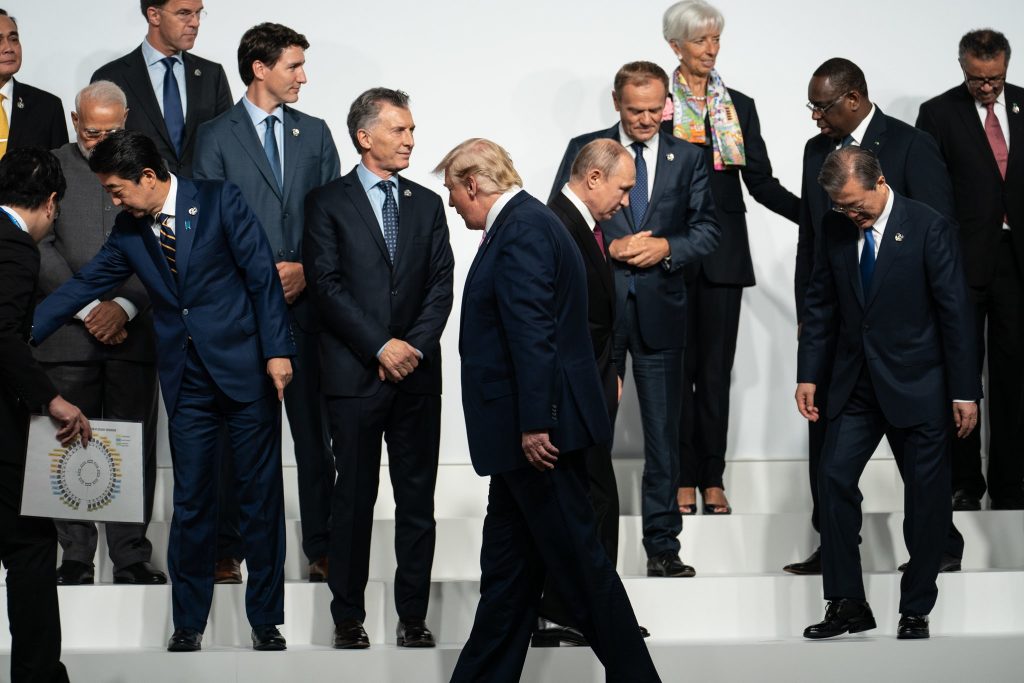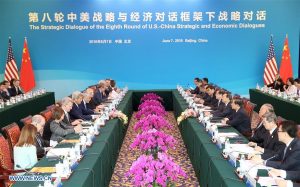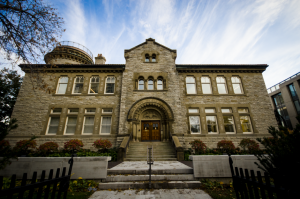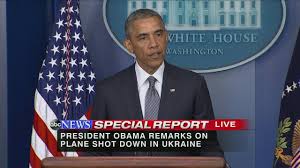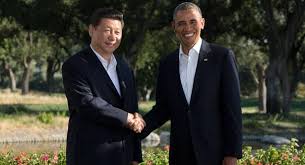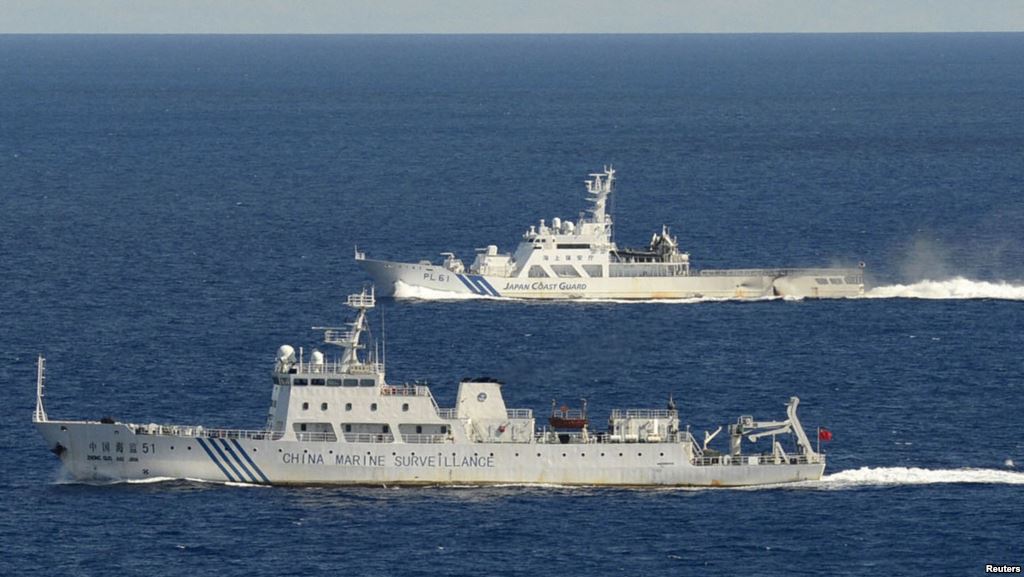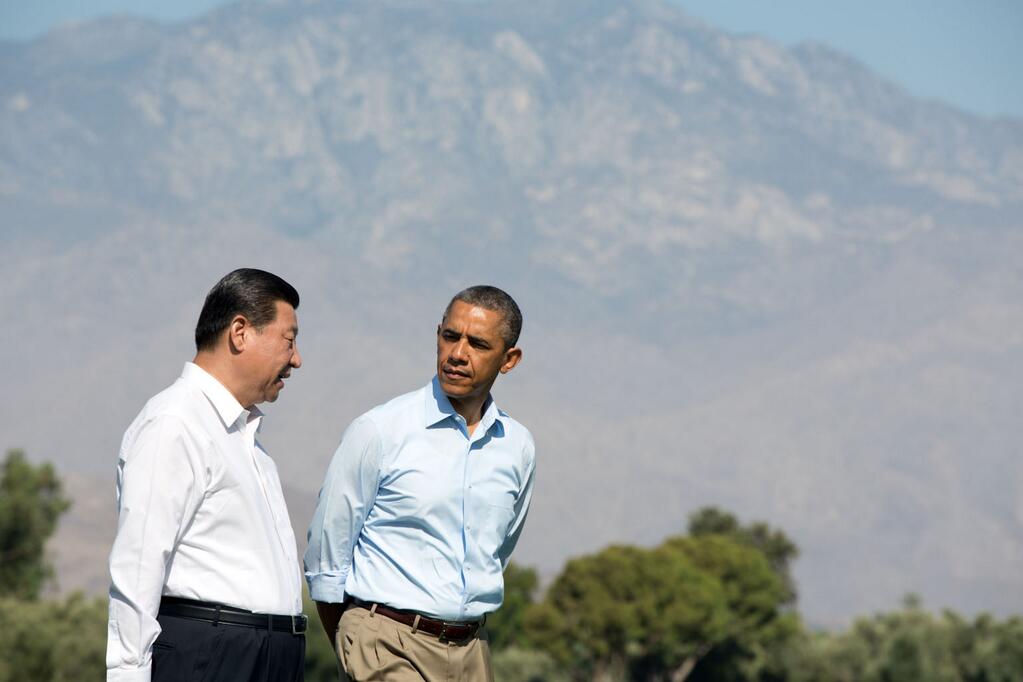Gathering for the G20 Osaka Summit
With this post RisingBRICSAM ‘returns to the air’. First up are the Vision 20 reflections on the impending G20 Osaka Summit. The Vision 20 principals include: Colin Bradford, Brookings, Yves Tiberghien, University of British Columbia and Alan Alexandroff, Munk School of Global Affairs & Public Policy, University of Toronto.
As we have expressed in the past, “Our ‘Visioning the Future Project’ focuses on defining the future by building a new blueprint of values and organizing principles for the global system.” The V20 is committed to a well-defined goal: a new and better articulation of the relationships between global, national, and local levels. We also emphasize new avenues for dialogue across cultural, regional, and North-South divides to avoid
a downward cycle of mutual misperceptions. The V20 has urged, principally through the Blue Reports, that G20 Leaders reach out with far greater efforts and with accessible messages that can better speak to their own publics and work to assist their publics to understand the collaborative efforts these Leaders and their officials strive to achieve through the G20.
And now to our examination of the Osaka G20 Summit.

